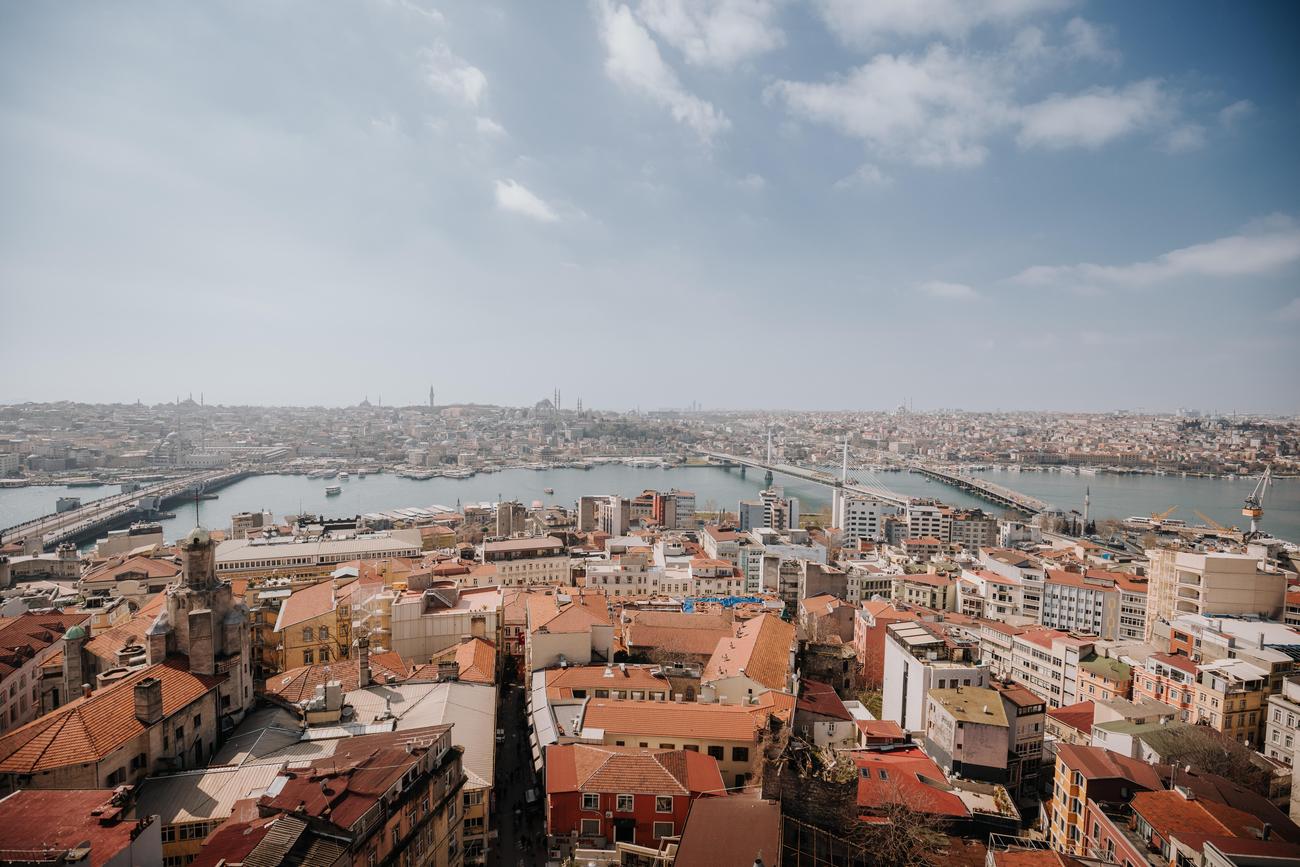Welcome to The Untold Story of Istanbul: Unraveling the Name Change. In this captivating journey, we will delve into the enigmatic origins of one of the world’s most iconic cities, Istanbul. Have you ever wondered why this vibrant metropolis is called Istanbul today? Prepare to be enthralled as we unravel the fascinating tale behind its name change and explore the historical and cultural significance it holds in the annals of Turkey’s rich history. As an experienced travel journalist and historian, I will bring together the threads of linguistic evolution, historical context, and captivating storytelling to shed light on the untold story behind Istanbul’s unique identity.

Why is Istanbul called Istanbul?
Istanbul, a city steeped in history and cultural significance, has intrigued travelers and historians alike for centuries. From its humble beginnings as Byzantion, a Greek city-state, to its later transformations into Constantinople and then Istanbul, the name of this remarkable city has undergone a fascinating evolution. In this article, we will delve into the untold story behind Istanbul’s name change, exploring the linguistic, historical, and cultural factors that influenced this transition.
The Origins of Istanbul’s Name: From “eis tin polin” to “Istanbul”
To understand why Istanbul is called Istanbul, we need to go back to its roots. The ancient Greeks founded a city-state named Byzantion in the 7th century BCE, which eventually fell under Roman rule. Over time, the phrase “eis tin polin” meaning “to the city,” became commonly used to refer to Byzantion. As languages evolved and cultures intermingled, this phrase underwent a transformation, gradually morphing into “Istanbul.”
Constantinople: The City of Emperors
During the reign of the Roman Empire, Byzantion grew in importance and was eventually chosen as the new capital of the Eastern Roman Empire. With this transition came a name change – Byzantion became Constantinople, named after the Roman Emperor Constantine the Great. As the capital of the Byzantine Empire, Constantinople became a vibrant center of commerce, culture, and political power.
The Ottoman Era: Konstantiniyye and Stamboul
With the rise of the Ottoman Empire, Constantinople’s name took on yet another variation. The Ottomans referred to the city as “Konstantiniyye,” the Turkish version of Constantinople. This name persisted for centuries, even as the Ottoman Empire reached its zenith and Constantinople transformed into a bustling metropolis.
Within the city itself, however, a different term was used: “Stamboul.” Stamboul referred specifically to the historic peninsula of Constantinople, the area encompassing the old city and its iconic landmarks.
The Birth of Istanbul: A Modern Identity Emerges
It was not until 1930, following the foundation of the modern Turkish Republic, that the city’s name officially changed to Istanbul. This name change was part of a broader push to modernize and signify the newly established nation’s break from its imperial past. Istanbul, with its diverse and cosmopolitan character, perfectly embodied the values of this new era.
Istanbul: A City Uniting Past and Present
Today, Istanbul stands as the largest city and principal seaport of Turkey, serving as its economic, cultural, and historic hub. Its rich and storied history is entwined with the legacies of numerous empires and civilizations. By exploring the name change from Byzantion to Constantinople, and finally to Istanbul, we gain a deeper understanding of the city’s complex identity and its significance within Turkey’s historical narrative.
In conclusion, the name Istanbul encompasses centuries of history, language evolution, and cultural shifts. From its humble beginnings as Byzantion to its imperial incarnation as Constantinople, and finally its modern identity as Istanbul, this city has witnessed the rise and fall of empires, the confluence of cultures, and the constant flux of time. Istanbul’s name holds within it the story of its people, the triumphs and challenges they have faced, and the continuities that connect them to their past. As we embrace the name Istanbul, we honor the city’s heritage and add yet another layer to its captivating narrative. Istanbul truly stands as a testament to the resilience and spirit of its people, and its name serves as a bridge between the ancient and the modern, the past and the present.
“In the tapestry of Istanbul’s history, the name Istanbul weaves together the threads of its diverse past, telling a captivating story of cultural exchange, transformation, and the enduring spirit of a city across the ages.”
Istanbul, a city with a rich and vibrant history, has a plethora of fun facts waiting to be discovered. Did you know that Istanbul is the only city in the world that straddles two continents – Asia and Europe? With its unique geographical location, this city offers a truly unparalleled cultural experience. From the mesmerizing blend of ancient architecture to the bustling bazaars filled with exotic spices and colorful textiles, Istanbul is a treasure trove of enchantment. Explore more fun facts about Istanbul here. Don’t miss out on the chance to uncover the secrets of this captivating city!

FAQ
Question 1: What is the meaning of the name “Istanbul”?
Answer: The name “Istanbul” is derived from the Greek phrase “eis tin polin,” meaning “to the city.” Over time, this phrase evolved into the name “Istanbul.”
Question 2: What were the previous names of Istanbul?
Answer: Istanbul has been known by several different names throughout history. It was founded as the ancient Greek city-state of Byzantion and later became Constantinople when it became the capital of the Eastern Roman Empire (Byzantine Empire). The Ottomans used the name “Konstantiniyye,” the Turkish version of Constantinople, for many years.
Question 3: When did Istanbul officially change its name?
Answer: Istanbul officially changed its name in 1930 after the foundation of the modern Turkish Republic. This name change was a part of Turkish nationalism and the desire to establish a distinct Turkish identity.
Question 4: Why is Istanbul historically significant?
Answer: Istanbul holds great historical significance due to its association with various empires and civilizations. It was a significant city in both the Byzantine Empire and the Ottoman Empire. Istanbul served as a central hub for trade, culture, and political power throughout its rich history.
Question 5: What is Istanbul’s role in Turkey today?
Answer: Istanbul is considered the largest city and principal seaport of Turkey. It serves as the country’s economic, cultural, and historic hub. Istanbul embraces its diverse heritage and continues to attract tourists and scholars alike with its magnificent architectural wonders and fascinating historical sites.
- How many weeks is 40 days: Quick Conversion Guide for Accurate Results - March 31, 2025
- How many feet is 300 meters? 984 Feet: Understand Length Conversions Easily - March 31, 2025
- Senior at What Age: Benefits & Eligibility Guide - March 29, 2025
















